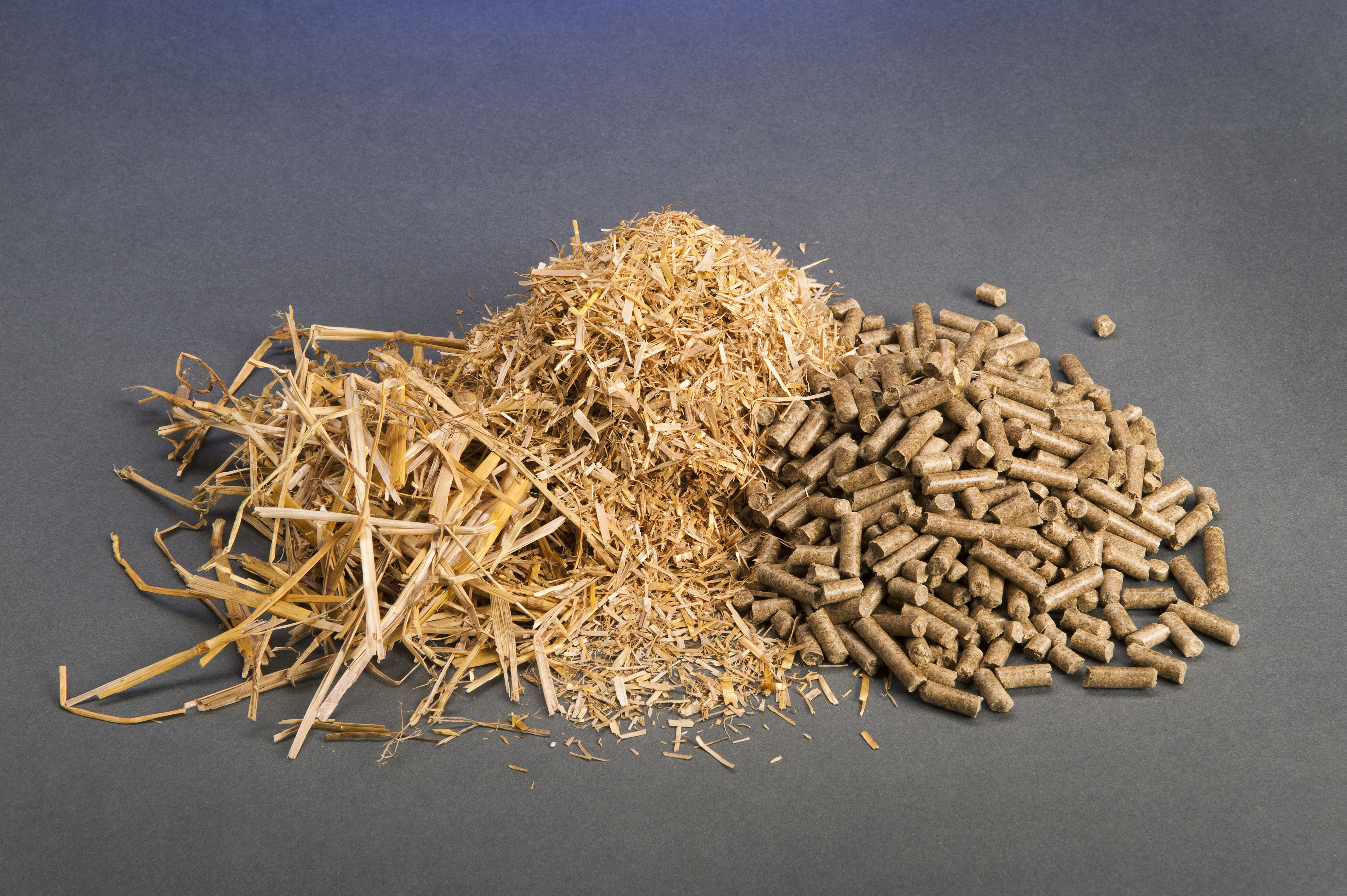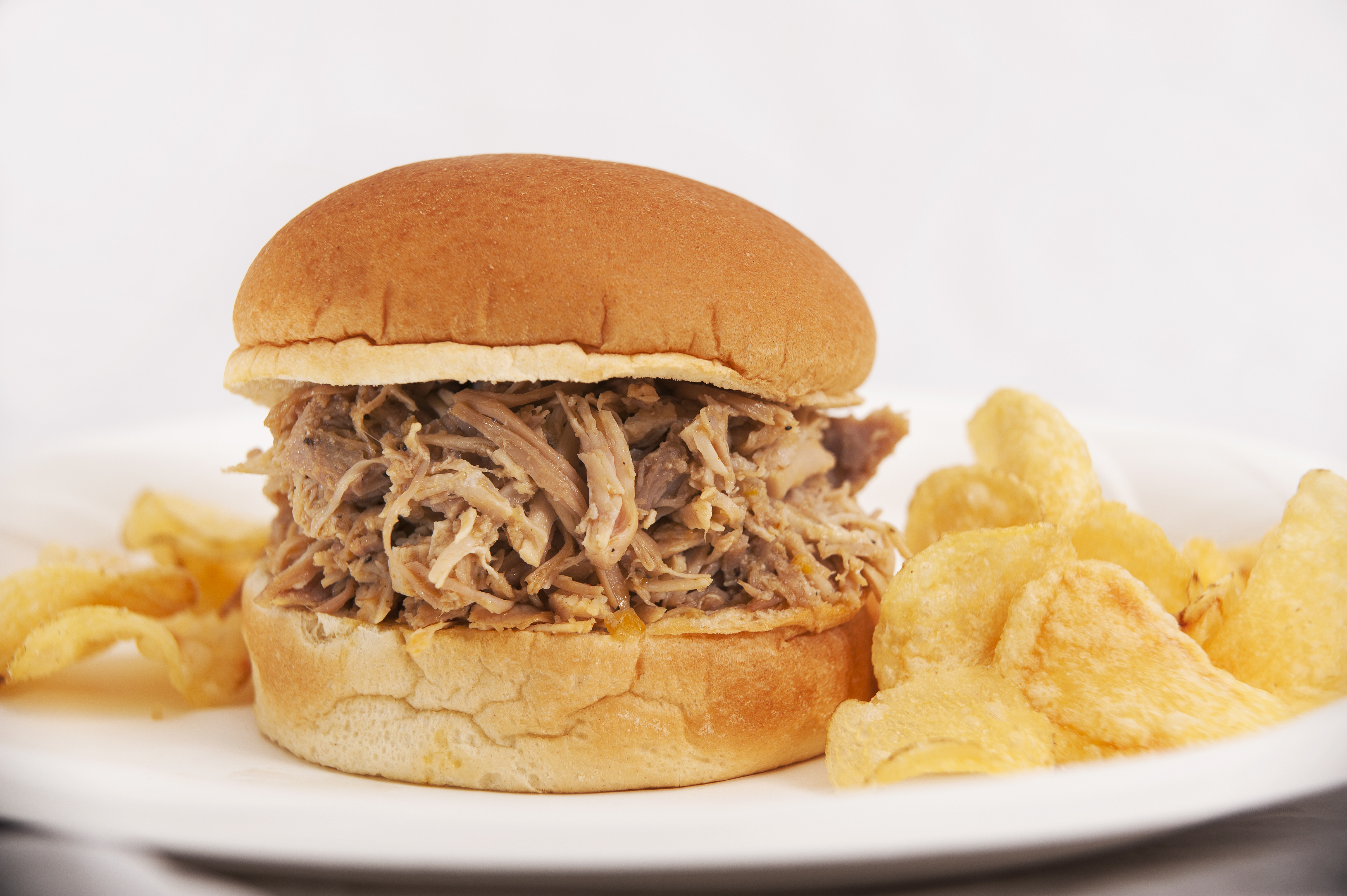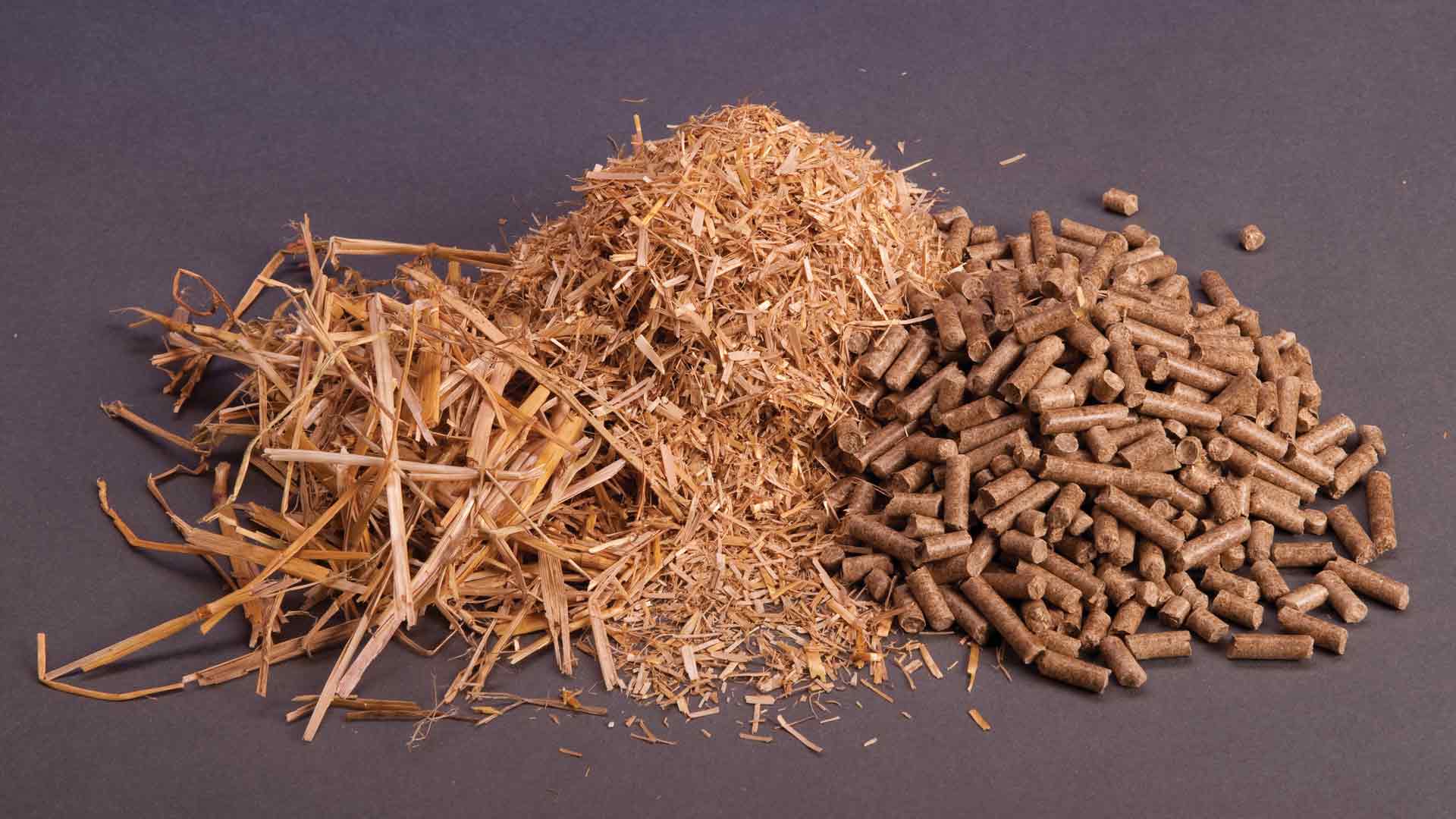AURI recently announced thirteen research initiatives for 2016. The projects in the organization’s core four focus areas-renewable energy, biobased products, coproducts and food- all aim to create new and improved products and processes in order to utilize its commodities, grow the economy and create new jobs.
“As we evaluate our potential initiatives, we know that they fit a number of criteria, including that the information is important to the industry, that the projects are technically and commercially near term, and that there is a promising partnership or team to do the work,” explains Jen Wagner-Lahr, AURI senior director of innovation and commercialization. “Most importantly, we evaluate whether businesses and entrepreneurs will be interested in the information. If they are, then there is reason to move forward in deploying it into the market, translating to jobs and wealth creation.”
AURI partners with commodity groups, economic development organizations, foundations and others across the state to ensure that the information available through these research initiatives is put into the hands of the businesses, entrepreneurs and producers who will bring these ideas to commercialization
The following is a brief summary of the projects, with more information available at auri.org.
 Coproducts
CoproductsImproving nutritional value of low quality fibers
AURI will work with the University of Minnesota on technical innovation and research related to production and usage of high-quality animal feed by utilizing a calcium-hydroxide biomass processing technology. The technology and equipment already exist, but the project would focus on applying the technology.
Small scale hops densification in Minnesota
AURI will work with the Minnesota Hop Growers Association to provide scientific technical assistance addressing the need for small scale, and possibly portable, densification systems for hops.
Nutrient recovery systems for agricultural applications
AURI will focus on identifying and evaluating new technologies that can assist with separating valuable nutrients from manure streams to allow for more efficient nutrient distribution.
Evaluate the value of pennycress oil and meal
Pennycress is a potential cover crop for Minnesota agricultural lands. The oil has been utilized to make biodiesel and pennycress meal could be used as a potential feed ingredient for livestock. AURI will measure and report the properties of both the oil and the meal from University of Minnesota pennycress trials.
Small-scale shrimp feed trial
The intent of this project is to incorporate a low oligosaccharide soybean meal mix with dried distillers grains with solubles (DDGS) and wheat bran to conduct feeding trials with two small-scale shrimp producers in Minnesota.
 Food
Food
Clean labels
AURI staff will develop a reference guide that clients and industry can use to make decisions on alternative ingredients for clean label food products. This guide would include information on substitute ingredients in the bakery, meat and
beverage categories.
Food safety/ appropriate food handling training for AURI clients
As AURI is assisting clients to develop their products and move their products to the marketplace, a need exists to provide appropriate guidance and training as it pertains to food safety, regulations and food handling techniques.
Utilization of Minnesota grown commodities as protein ingredients in food
Minnesota produces a variety of agricultural commodities that have the potential to be utilized as high protein ingredients in food products. AURI will work to better understand which commodities grown in Minnesota have potential use as high protein ingredients in food products.
Developing new markets for soy protein in food allergen free soybean varieties
In order to develop new markets and improved utilization of soybeans in food products, AURI will work to study the barriers that limit the broad use of soy including allergenic components, and work to identify solutions to these barriers.
 Biobased Products/ Renewable Energy
Biobased Products/ Renewable Energy
Benefits of co-location of indoor facilities
Opportunities, challenges and potential strategies exist for indoor agriculture and aquaculture. AURI will look at these opportunities and assess heat, market, labor and infrastructure synergies with the agricultural processing industries and other potential co-location opportunities.
BioPreferred Label program
This will be a two phase initiative. In phase one, AURI will develop a one-stop resource for clients to understand the USDA BioPreferred program requirements. In the second phase, AURI will review previous projects and identify businesses and products that could benefit from the USDA BioPreferred program.
Biomass for cooling
The purpose of this initiative is to assess the potential of utilizing biomass for cooling systems. AURI will investigate current small to medium scale biomass cooling technologies and evaluate its economic feasiblity.
Barriers and opportunities of eco-friendly agricultural wraps and nets
AURI will identify barriers to eco-friendly agricultural wraps and nets and potential solutions. The research will be provided to companies in the industry that can pursue biodegradable materials projects.
